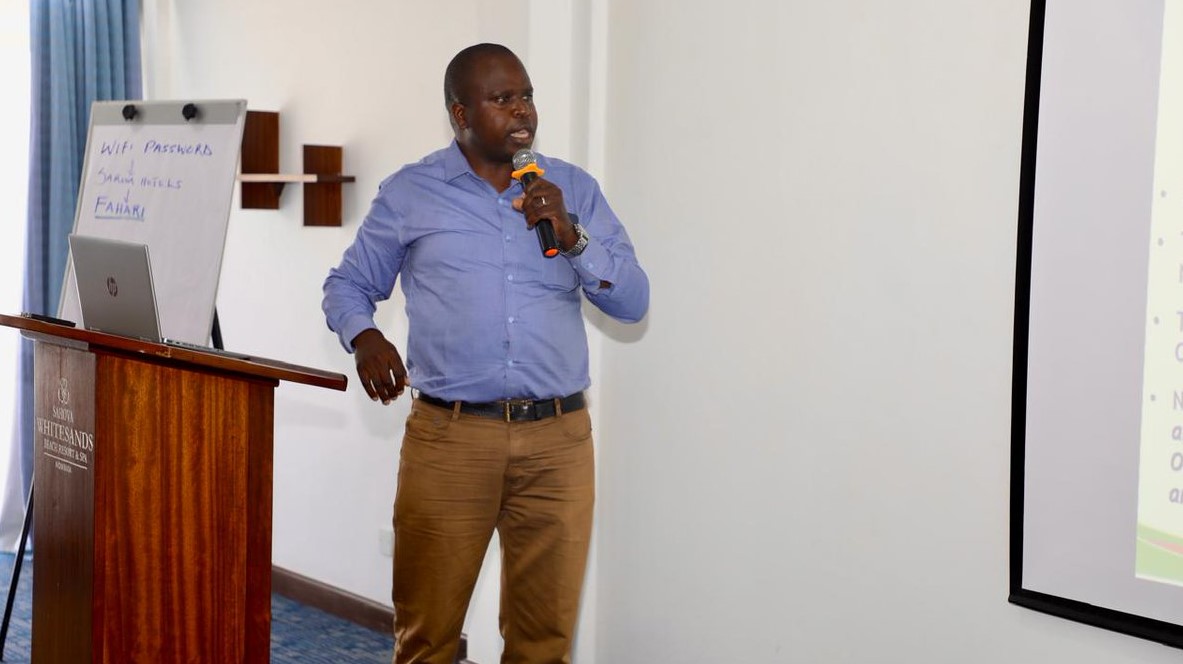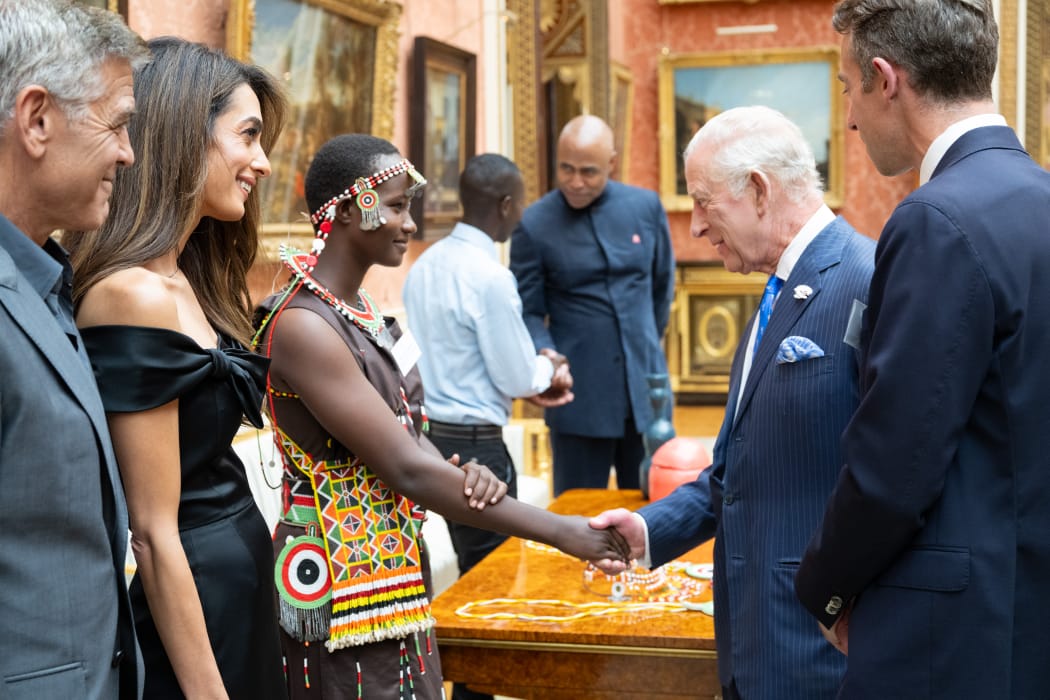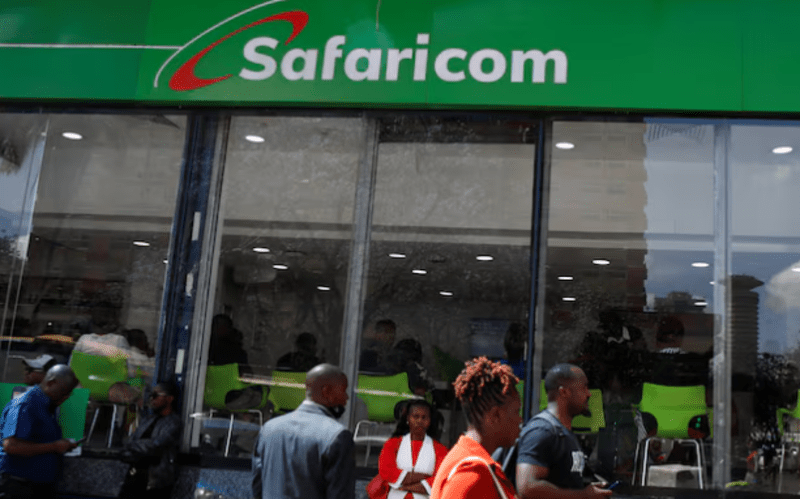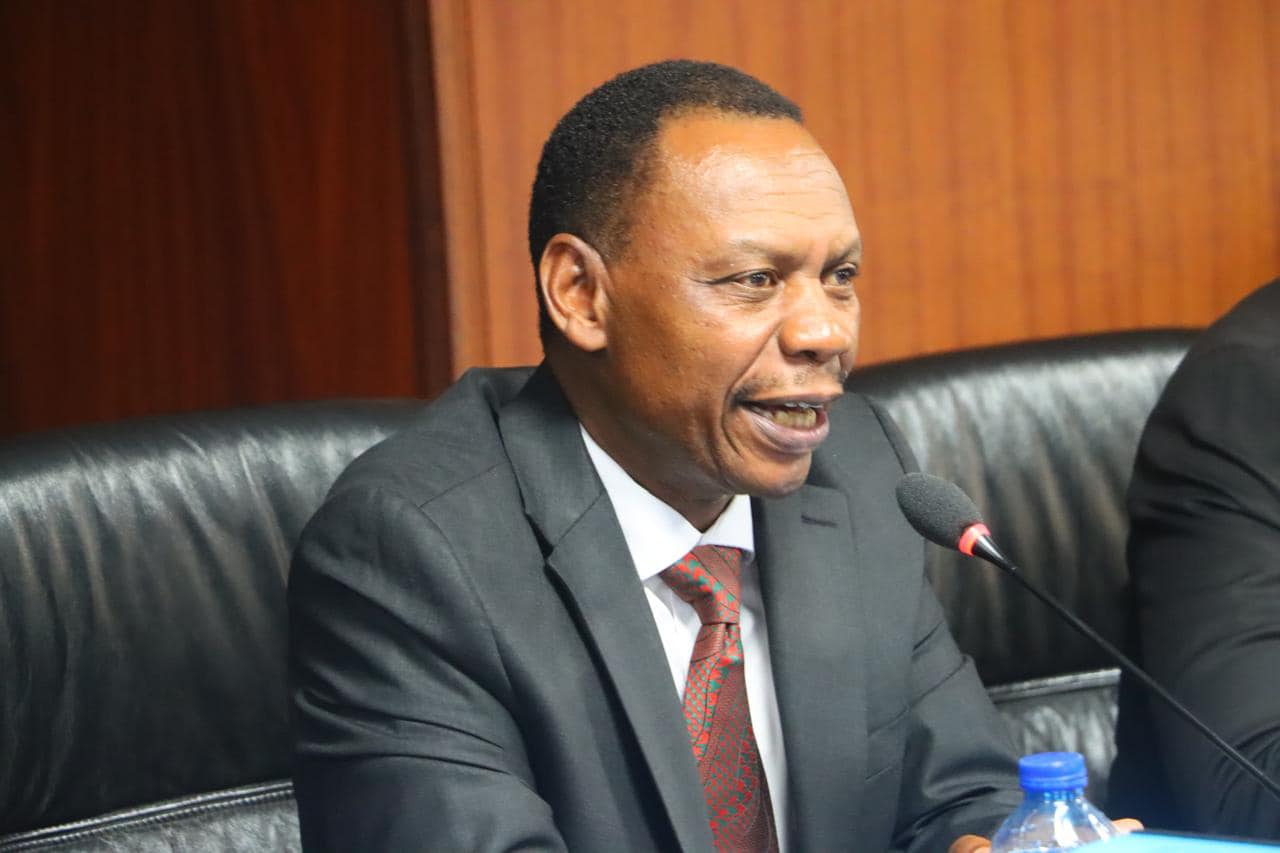Authority issues new guidelines for importing GMO animal feeds in Kenya

Applications for the importation of such products will be processed within 30 days if they fall under Section 28 of the Biosafety Act.
The National Biosafety Authority (NBA) has introduced new regulations governing the importation and marketing of genetically modified (GMO) animal feeds.
These guidelines specifically address the importation of GM products that have already been approved in other countries, setting clear protocols for their entry into Kenya's market.
More To Read
- State invites public input on proposed release of GMO maize
- Government introduces new GMO regulations after High Court lifts ban
- High Court rejects petitions challenging lifting of GMO ban
- Agriculture CS nominee explains GMO approach in food production
- China approves first gene-edited wheat in step to open up GM tech to food crops
Nehemiah Ng’etich, the NBA's acting chief executive officer, explained that applications for the importation of such products will be processed within 30 days if they fall under Section 28 of the Biosafety Act.
For other cases, the review process could take between 90 and 150 days. Ng’etich stressed that all applications must be submitted via the e-citizen platform.
The new rules mark a significant shift following Kenya's earlier ban on GMO imports.
In 2012, the country imposed a moratorium on GMO products, citing safety and environmental concerns.
However, the government lifted the ban in 2022, allowing the importation of GMOs, specifically for animal feed and the cultivation of genetically modified crops, such as Bt maize.
Food security
This move is part of Kenya's broader strategy to enhance food security and address pest resistance challenges.
Under the revised Biosafety Act, both the importation and market placement of GM products require separate approvals.
Companies seeking to import GM animal feed must pay an annual registration fee of Sh30,000, plus an additional Sh25,000 for an importation permit. In addition, businesses must pay between Sh10,000 and Sh30,000 annually for GMO labelling, depending on their turnover.
"Written approval from the authority is mandatory for both the importation and placement of GM products on the market," Ng’etich said.
He added that the Biosafety Act, particularly Sections 20 and 21, clearly stipulates that no one may import or market a GMO without this official approval.
For market placement, applicants must submit an online application that costs Sh850,000. Once submitted, the decision is made within 30 days.
If approved, the market placement is valid for up to 10 years and remains exclusive to the applicant. In the case of rejection, the NBA provides reasons for the decision.
Following market placement approval, applicants can then apply to import the GMO animal feeds, paying a fee of Sh25,000 for the importation permit.
Handle products carefully
Ng’etich also emphasised the importance of handling GM products carefully to prevent unintended propagation.
"Applicants must ensure that GM products intended for importation are rendered unviable through milling or processing," he said.
This process may occur either at the point of origin, at the port of entry, or at other NBA-approved facilities before the products are released into the market.
He further explained that local millers and operators must implement internal quality controls to properly segregate GMO and non-GMO products during milling and handling processes.
GM products must also be packaged and labelled in compliance with the Biosafety (Labelling) Regulations, 2012, and the NBA's guidelines.
Top Stories Today
Reader Comments
Trending
















































